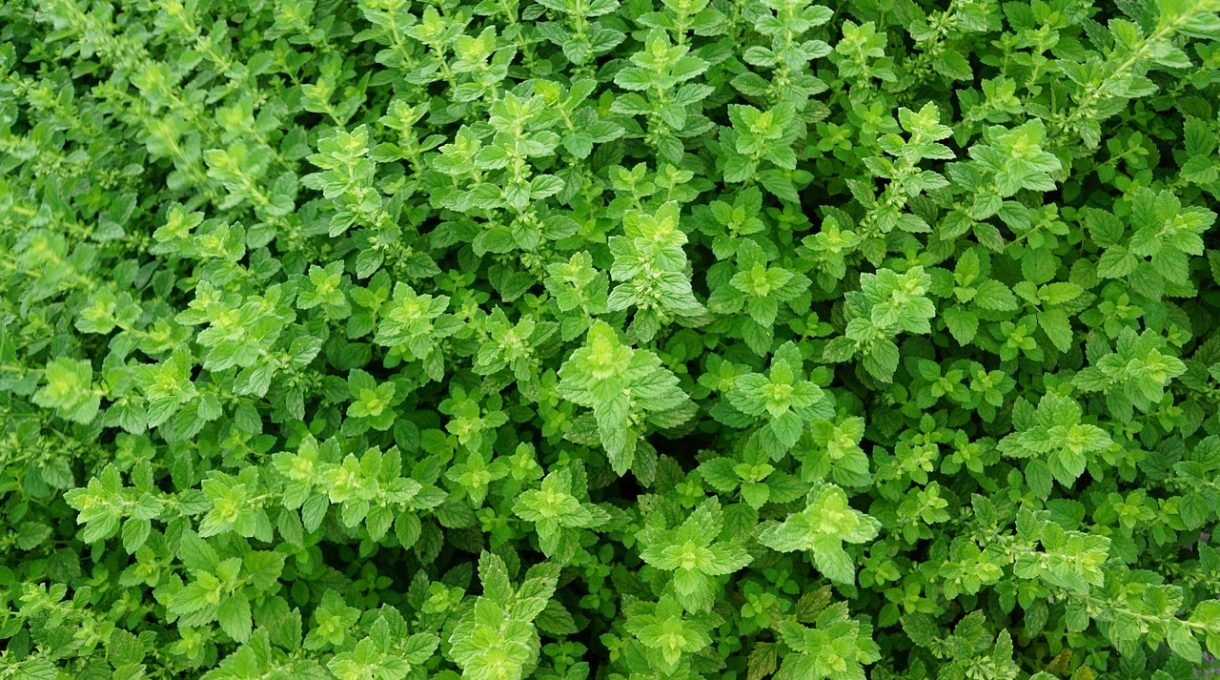Thyme is an aromatic herb that belongs to the mint family. Its scientific name is Thymus vulgaris, and it is native to the Mediterranean region. Historically, thyme has been used for its medicinal properties, dating back to ancient Egypt and Greece. The Egyptians used it in embalming, while the Greeks used it to purify their rooms.
Today, thyme is grown all over the world and is popular in Mediterranean and Middle Eastern cuisine. It is added to dishes for its earthy, slightly sweet flavor. Thyme leaves can be used either fresh or dried, and the plant can grow up to 30cm tall.
Here are some tips on how to grow thyme in your own garden:
Choose the right location – Thyme thrives in well-drained soil and full sun. Choose a location in your garden that gets at least six hours of sunlight per day.
Prepare the soil – Thyme prefers sandy or loamy soil that is slightly alkaline with a pH between 6.5 to 7.5. If your soil is too acidic, add lime to raise the pH level.
Plant the seedlings – Thyme seedlings can be planted in the spring or fall. Space each plant 20-30 cm apart and water well after planting.
Watering and fertilizing – Thyme does not require a lot of water, but make sure the soil doesn’t dry out completely. Thyme does not need fertilizing often, but a light application of organic fertilizer in the spring will help it grow strong.
Pruning – Prune your thyme plant regularly to keep it from becoming woody. Prune after flowering by cutting back the stems by about a third. This will help promote new growth and a bushy plant.
Thyme Remedies and Uses
Thyme is a plant with many medicinal properties that have been utilized for generations. The essential oil of thyme contains thymol, which has antibacterial and anti-fungal properties. Here are some natural remedies and uses for thyme:
Cough Remedy – Thyme tea is a natural cough remedy that can help soothe sore throats and ease coughing. Simply steep a few sprigs of fresh thyme in hot water for 5-10 minutes and drink. Add honey to sweeten, if desired.
Anti-inflammatory – Thyme contains compounds that have anti-inflammatory properties. Using thyme oil in aromatherapy or as a massage oil can help reduce inflammation and ease joint pain.
Immune Booster – Thyme is high in vitamin C and antioxidants. It can help boost the immune system and prevent illnesses.
Culinary Uses – Thyme is popular in Mediterranean and Middle Eastern cuisine. It is often used in stews, soups, and roasted meats. It can also be used to flavor oils and vinegars.
Growing thyme is a easy and rewarding process. Thyme can be used for its medicinal or culinary properties, making it a versatile herb to have in your garden. Follow these tips and enjoy the benefits of thyme.
The Author:
Pioneerthinking.com – Ingredients for a Simple Life.
Photo. Photosforyou
